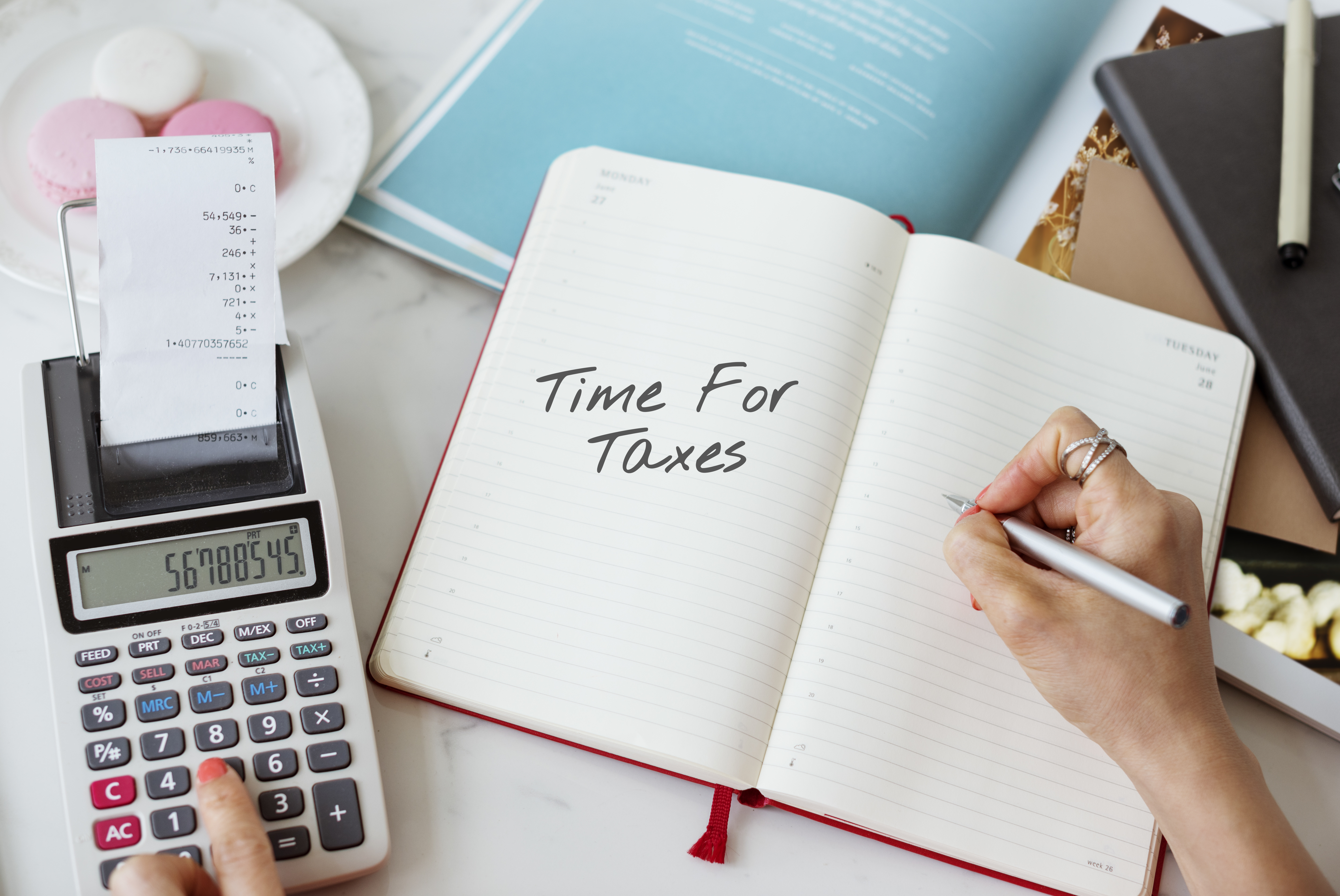The Government Tax Working Group – headed by The Honourable Sir Michael Cullen, released its final report on its review of the tax system yesterday.
Volume 1 sets out their recommendations: https://taxworkinggroup.govt.nz/resources/future-tax-final-report-vol-i-html
Volume 2 sets out the Design Details of the Proposed Extension of Capital Gains Taxation https://taxworkinggroup.govt.nz/resources/future-tax-final-report-vol-ii-html
Below we have detailed an overview of the main points that as investors and business owners we all want to know the answers to.
What type of transactions does the Working Party suggest should be subject to Capital Gains Tax?
Gains on realisation, offset by losses, from all types of land and improvements (except the family home), shares, intangible property and business assets.
What types of assets may not be subject to CGT on realisation?
-
Personal use assets (such as cars, boats or other household durables).
-
Foreign shares that are currently taxed under the fair dividend rate method of taxation, as well as anything taxed under the financial arrangement rules.
-
Rollover treatment available for certain life events (such as death and relationship separations), business reorganisations and small business reinvestment.
How the tax may be applied
-
Capital gains will be taxed within the current income tax system and taxed at a person’s marginal rates.
-
Discount for capital gains and adjustment for inflation will not be available.
-
Capital losses will be ring-fenced for:
-
portfolio investments in listed shares (other than when they are trading stock);
-
associated party transactions; and
-
losses from Valuation Day assets – Valuation Day being the date of
implementation.
-
Capital losses on privately used land may be denied entirely.
-
The Working Party is recommending that capital losses (other than those described in recommendations (3) and (4) above) be treated in the same way as other tax losses and taxpayers should generally be able to offset losses arising from the disposal of capital assets against ordinary taxable income.
Time to decide on values
-
Taxpayers will have five years from Valuation Day or time of sale if earlier, to work out a value for their included assets as at Valuation Day.
-
if no valuation is determined, then a default rule may apply.
Sale of a Business upon retirement
-
A one-off concession is proposed, to tax at 28% the first $500,000 of capital gains made by business owners who sell a closely held active business they have owned for a certain period (e.g. 15 years) to retire once they reach retirement age (e.g. 60 years or older).
-
This measure could also potentially apply to younger business owners to the extent that the capital gain they made from selling their business is reinvested into a KiwiSaver scheme.
There is a way to go before any of this is implemented – it needs to go through the hoops of parliament and come out as legislation, and there will be dissenters, just as there were within the Working Party, but it pays to be forewarned and prepared for introduction of any of the recommendations before they come into law.
A good place to start is discussing any possible plans you may have with your accountant, to consider your tax options.


